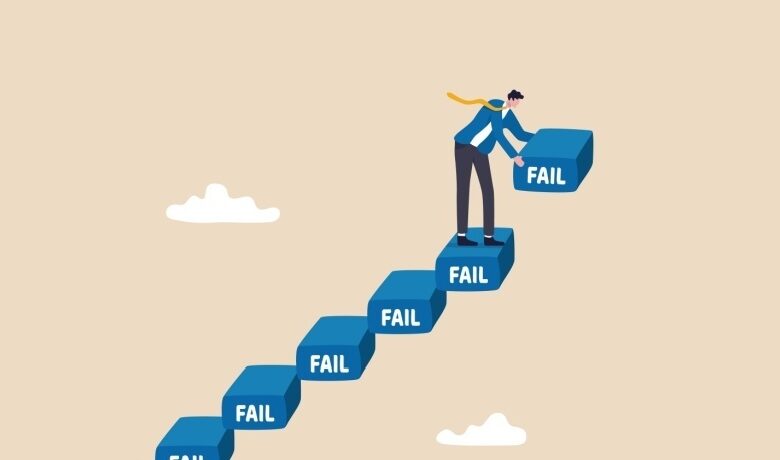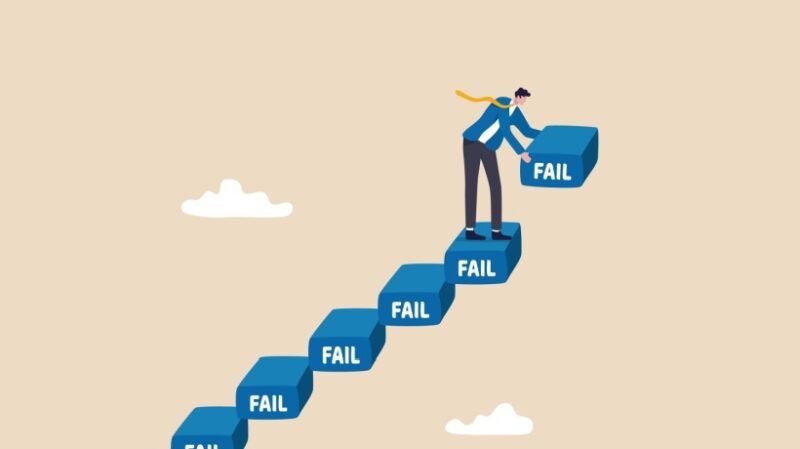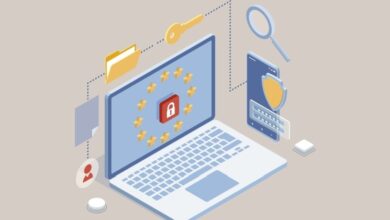The Road To Learning Effectively


The True Path To Successful Learning
Let’s say you want to bake the perfect cake for your best friend’s upcoming birthday. You’ve never baked a cake before, but you find a seemingly easy recipe online with a step-by-step video. You purchase all of the required ingredients and eagerly get to work. What could possibly go wrong? Yet, despite your enthusiasm, you suspect something might not turn out exactly right (especially as you’re not a professional pastry chef). This scenario highlights the challenges and uncertainties inherent in the learning process, even when instructions are readily available.
What does it take to truly master the process of baking a cake? You’ll probably have to try it and see what happens. It’s quite likely that your first attempt will result in a pretty awful outcome. However, from this failure, you might learn how to improve your baking skills for next time. Maybe you’ll realize that you need to be more precise in measuring ingredients or bake the layers a bit longer. This iterative process of trial and error is essential for learning and improvement.
The Road To Learning Involves Multiple Attempts
Learning is a journey towards that wonderful moment when you realize, “Aha, I finally got it! Now it will work!” It involves multiple attempts, failures, adjustments, and reflections. Yet, despite the fact that the learning process is understood in educational settings, many online courses fail and lose students halfway through. This discrepancy often occurs because we, as instructors, try to rush the process from point A to point B, overlooking the importance of the experiences and practice that lead to meaningful learning moments. We frequently treat learning as a one-time event rather than a continuous process. Here I like to remind myself of the idiom, “There is no royal road to learning.” The process of acquiring knowledge and skills cannot be simplified or shortened. Learning is inherently challenging; to acquire and retain expertise and knowledge requires dedication, effort, space, and time for practice.
This concept is not limited to baking. Consider learning a new language, a process that can be equally daunting. You might start with enthusiasm, diving into vocabulary lists and grammar exercises. But as you attempt to speak, you realize how difficult it is to form sentences or understand native speakers. The initial excitement might wane as you struggle with pronunciation or complex grammar rules. However, just like baking, learning a language is a process of trial and error. You might mispronounce words, use incorrect grammar, or misunderstand conversations, but each mistake is a step closer to fluency. Over time, with consistent practice and exposure, you begin to grasp the nuances of the language, gain confidence in speaking, and ultimately achieve a level of proficiency that allows you to communicate effectively.
Recommendations: Create Learning Experiences That Follow The True Road To Learning
Too often we immerse our students in hour-long webinars or short instructional videos, inundate them with information, and then expect mastery after a simple multiple-choice test. This approach ignores the reality that learning doesn’t occur instantly or from a single exposure to content. Learning happens through repeated trials, motivated efforts, and the patience to engage in the process over time. It is the result of a well-organized ecosystem of experiences and activities that gradually build understanding and competence. For learning specialists, this means acknowledging that there is no shortcut to learning. The learning process should be designed as a continuous journey rather than a quick fix. Here are a few recommendations to create more effective learning experiences:
Emphasize Active Learning
Incorporate activities that require students to apply their knowledge in practical ways. Encourage experimentation, problem-solving, and hands-on tasks that mimic real-world scenarios.
Encourage Reflection
Provide opportunities for learners to reflect on their experiences, understand their mistakes, and think about how they can improve. Reflection is a critical component of the learning process.
Allow For Iteration
Understand that mastery requires time and multiple attempts. Offer learners the chance to revisit and retry activities and assessments, allowing them to learn from their mistakes and refine their skills.
Conclusion
Accepting that “there is no royal road to learning” is crucial for all those who work in education. Great instructors understand that genuine learning requires persistent effort and embrace the individuality of each student’s journey. By recognizing that learning is a gradual and iterative process, educators can create more effective and engaging educational experiences. Despite our students’ wishes, there is no shortcut. Learning is a continuous process that requires thoughtful design, motivation, and a supportive environment. Embrace the complexity of learning, and guide your students toward lasting understanding and success.
Source link



